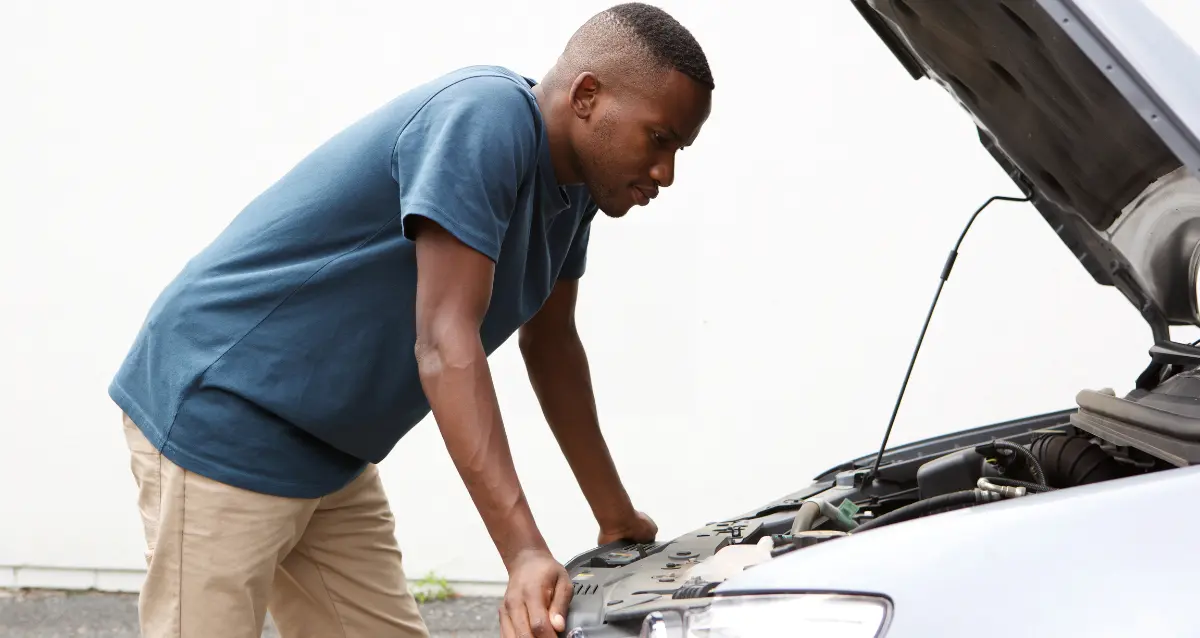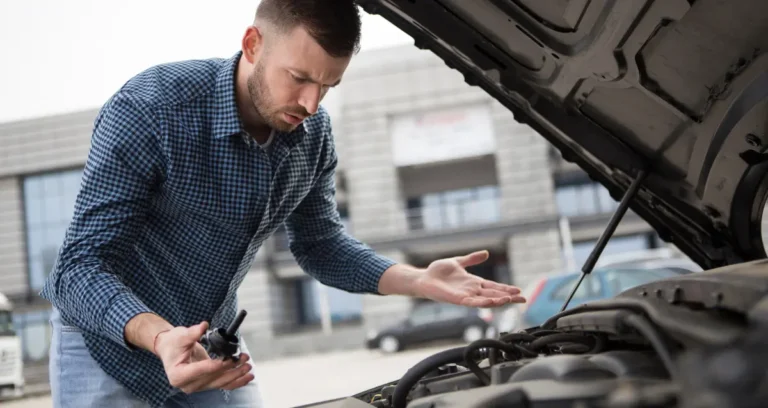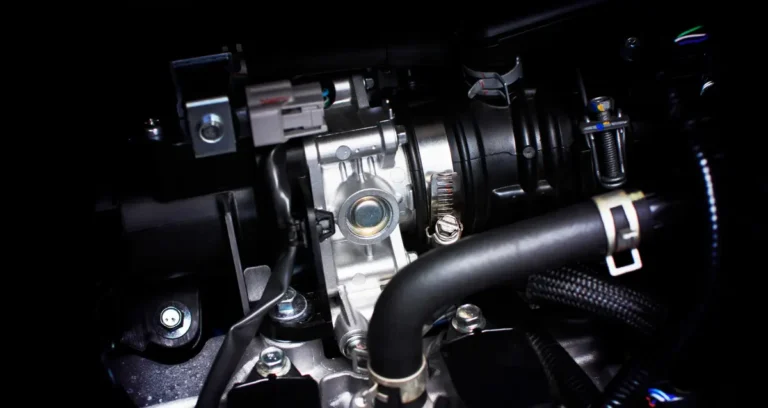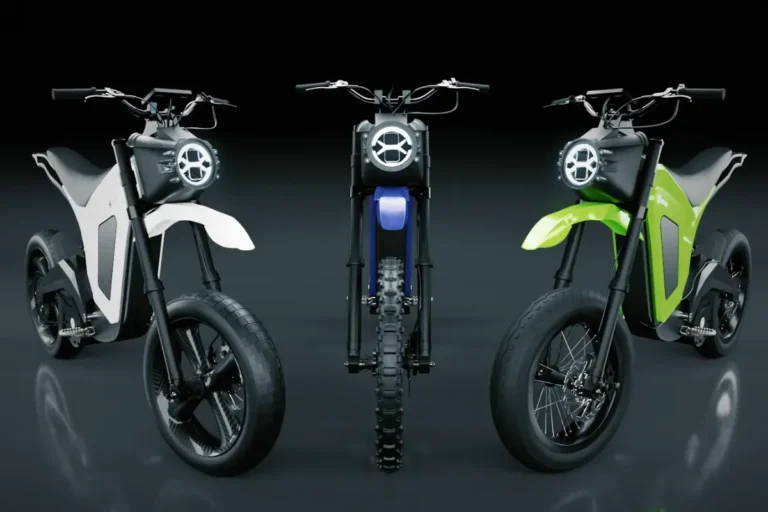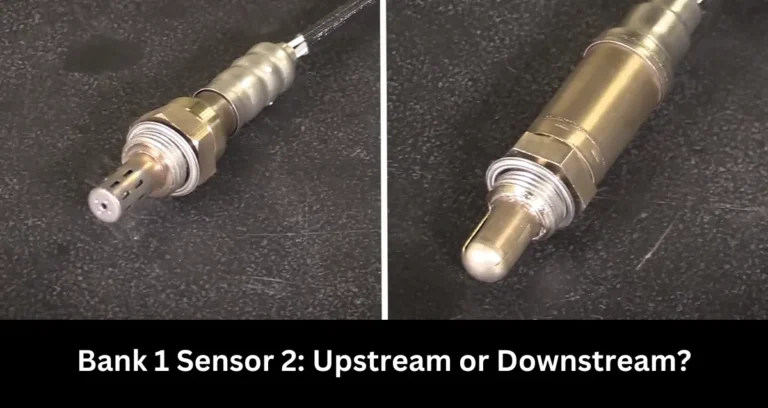Grinding or Scraping Noise When Driving Slow: Causes and Solutions
There could be many reasons for the Grinding or Scraping Noise, here are some common reasons:
If you are not sure what you are doing its best to seek professional help. Get your car checked out by an experienced mechanic.
What Causes the Grinding or Scraping Noise?
If you hear a grinding or scraping noise when driving slowly or slowing down, it could be an indication of a problem with various components of your vehicle. Here are some of the most common causes:
Bad Wheel Bearings
Wheel bearings play a crucial role in keeping your wheels rolling smoothly. If they are worn out or lack proper lubrication, they can cause a grinding noise when slowing down or driving at low speeds. This is due to the increased friction between the steel balls in the bearing housing.
Worn Brake Rotors
Brake rotors are responsible for providing the necessary friction to slow down and stop your vehicle. Over time, they can become worn out or warped, leading to a grinding noise when braking or slowing down. Worn brake rotors often have visible horizontal lines on their surface.
Worn Brake Pads
Brake pads are designed to press against the brake rotors to create friction and slow down your vehicle. As they wear out, there is less material left to create friction, causing a grinding noise when slowing down or braking. This can also lead to damage to the brake rotors if not addressed promptly.
Faulty Brake Calipers
Brake calipers house the brake pads and pistons that apply pressure to the pads when you brake. If the calipers become stuck or the pistons malfunction, it can cause a grinding noise when driving slow or slowing down, as well as premature wear on other brake components.
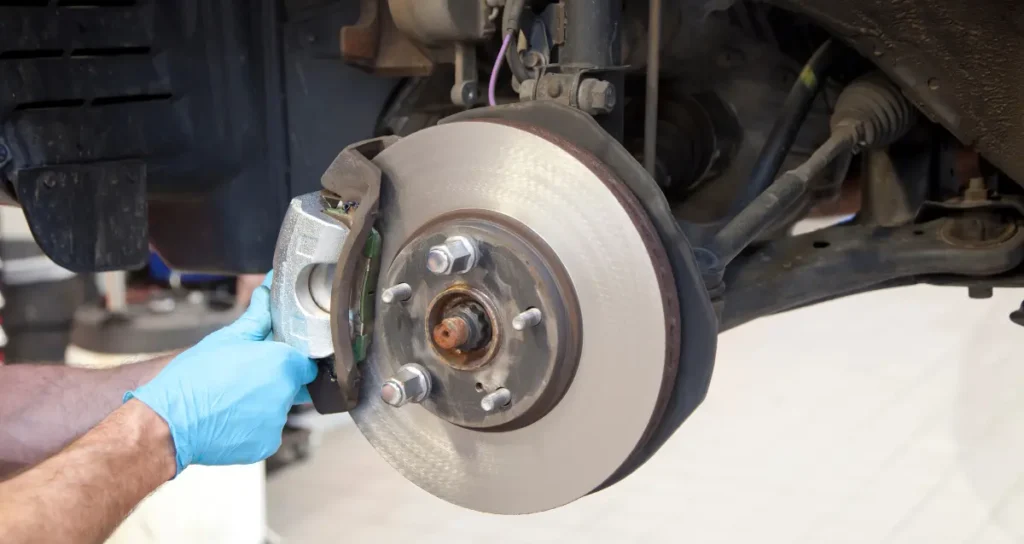
Lack of Lubrication
While the braking system relies on friction, some components still require lubrication to function properly. A lack of lubrication on the back of the brake pads or the caliper pins can cause a grinding noise when slowing down or braking.
Loose Engine Belt
If you hear a grinding noise when driving at low speeds (below 20 mph), it could be due to a loose engine belt. This can be caused by a worn or wobbly crankshaft pulley or a faulty tensioner pulley, which can cause the belt to become dislodged.
Failing Transmission
A failing transmission can also cause grinding noises when driving slow or slowing down. This could be due to a lack of transmission fluid, worn gears, or other internal issues with the transmission.
Loose Timing Chain
If you hear a rattling or grinding noise from your engine at low speeds, it could be caused by a loose timing chain. This can happen when the tensioner fails, causing the timing chain to become loose and affecting the synchronization between the camshaft and crankshaft.
Bad CV Joints
Constant Velocity (CV) joints are responsible for transferring power from the transmission to the wheels, particularly in front-wheel-drive vehicles. If the CV joints are worn out or lack lubrication, it can cause a grinding noise when making turns at low speeds or slowing down.
How to Diagnose the Noise?
Listen Carefully
When you hear the grinding or scraping noise, pay attention to when it occurs. Does it happen when slowing down, accelerating, or turning? This can help narrow down the potential causes.
Check for Other Symptoms
Look for other symptoms that may accompany the noise, such as vibrations, steering issues, or brake pedal pulsation. These can provide additional clues as to the source of the problem.
Inspect the Components
If possible, inspect the components that could be causing the noise, such as the wheel bearings, brake rotors, brake pads, and CV joints. Look for signs of wear, damage, or lack of lubrication.
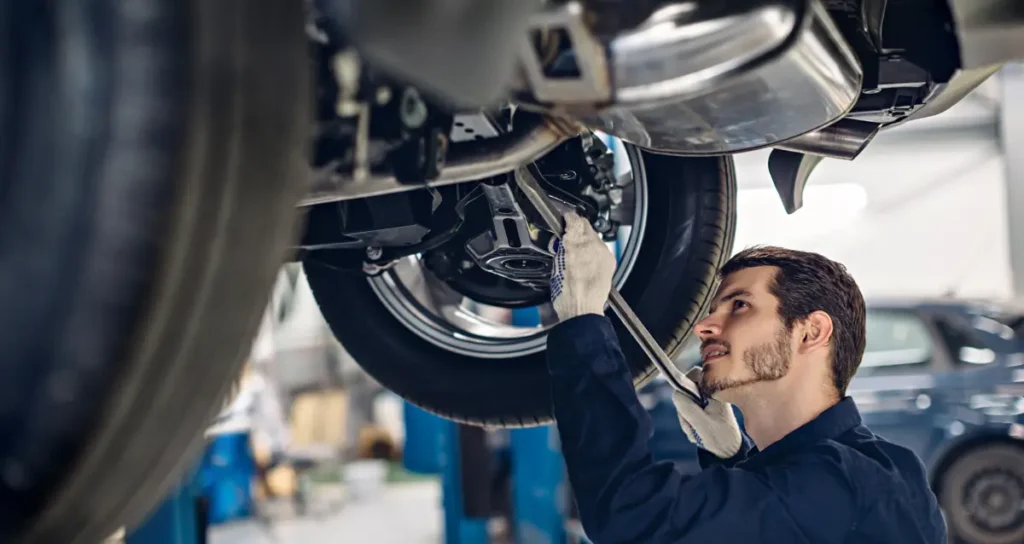
Solutions for Grinding or Scraping Noises
The solution will depend on the specific cause of the grinding or scraping noise:
Replace Wheel Bearings
If the wheel bearings are worn out or damaged, they will need to be replaced. This is a job best left to a professional mechanic, as it involves disassembling the wheel hub and potentially other components.
Replace Brake Rotors
Worn or warped brake rotors will need to be replaced to restore proper braking performance and eliminate the grinding noise.
Replace Brake Pads
If the brake pads are worn down to the point where they are causing a grinding noise, they should be replaced immediately to prevent further damage to the brake rotors.
Rebuild or Replace Brake Calipers
If the brake calipers are sticking or the pistons are malfunctioning, they may need to be rebuilt or replaced. This is a job best left to a professional mechanic.
Lubricate Components
If the grinding noise is caused by a lack of lubrication, applying the appropriate lubricants to the affected components (such as the back of the brake pads or caliper pins) may resolve the issue.
Tighten or Replace the Engine Belt
If the grinding noise is caused by a loose engine belt, it may be as simple as tightening the belt or replacing a worn pulley or tensioner.
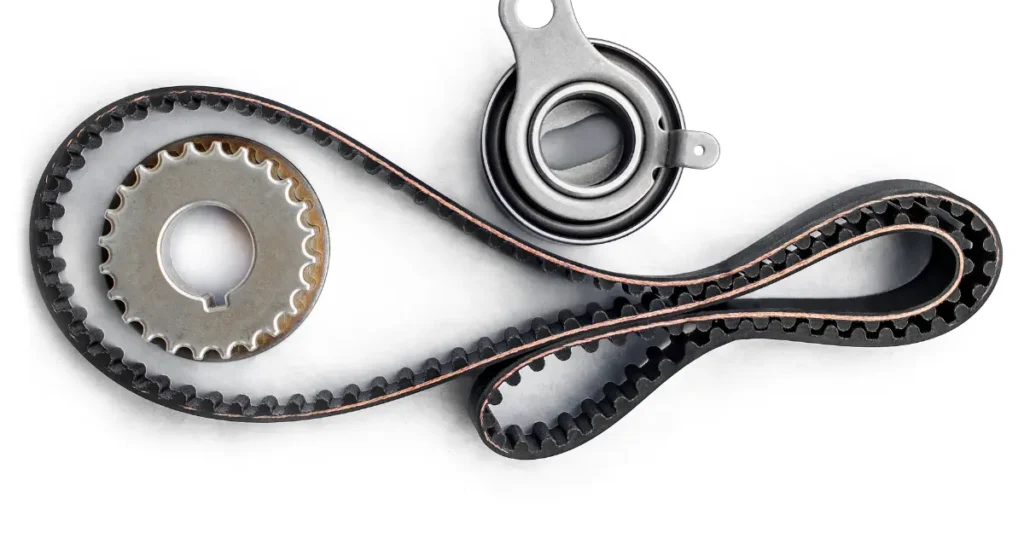
Repair or Replace Transmission
If the transmission is failing and causing the grinding noise, it may require repairs or, in severe cases, a complete replacement. This is a complex and costly job that should be performed by a qualified transmission specialist.
Replace Timing Chain
If the timing chain is loose or damaged, it will need to be replaced to prevent further damage to the engine and ensure proper synchronization between the camshaft and crankshaft.
Replace CV Joints
If the CV joints are worn out or lack lubrication, they will need to be replaced to eliminate the grinding noise and restore proper power transfer to the wheels.
Importance of Addressing the Issue
Ignoring a grinding or scraping noise when driving slow or slowing down can lead to several problems:
Safety Concerns
If the noise is related to issues with the braking system, it can compromise your ability to stop safely, putting you and others on the road at risk.
Preventing Further Damage
Continuing to drive with a faulty component can cause further damage to other parts of your vehicle, leading to more expensive repairs down the line.
Maintaining Vehicle Performance
Addressing the issue promptly can help ensure that your vehicle continues to perform at its best, providing a smoother and more enjoyable driving experience.
When to Seek Professional Help
While some minor issues may be resolved with DIY repairs, it’s generally recommended to seek professional help from a qualified mechanic, especially when dealing with complex components like the braking system, transmission, or engine.
A professional mechanic has the necessary tools, equipment, and expertise to accurately diagnose and repair the issue, ensuring that it is resolved safely and effectively.
Conclusion
Grinding or scraping noises when driving slow or slowing down should never be ignored, as they can indicate a potentially serious issue with your vehicle. By understanding the possible causes, diagnosing the problem, and implementing the appropriate solutions, you can address the issue and prevent further damage or safety concerns.
Remember, while some repairs may be within the capabilities of a DIY enthusiast, it’s always advisable to seek professional help, especially when dealing with critical components like the braking system, transmission, or engine. A qualified mechanic has the necessary tools, expertise, and experience to accurately diagnose and repair the issue, ensuring your vehicle’s safety and longevity.
FAQs
Is it safe to continue driving if I hear a grinding or scraping noise?
It’s generally not recommended to continue driving if you hear a grinding or scraping noise, especially if it’s related to the braking system. Doing so can compromise your ability to stop safely and potentially cause further damage to your vehicle.
How do I know if the noise is coming from the brakes or something else? A:
Pay attention to when the noise occurs. If it happens when slowing down or braking, it’s likely related to the braking system. If it’s present at low speeds or when turning, it could be an issue with the wheel bearings, CV joints, or other components.
Can I replace the brake pads and rotors myself? A:
While it’s possible to replace brake pads and rotors as a DIY project, it requires specialized tools and knowledge. If you’re not confident in your abilities, it’s best to have a professional mechanic handle the job to ensure it’s done correctly and safely.
How often should I replace my brake pads and rotors?
The lifespan of brake pads and rotors can vary depending on your driving habits, the type of vehicle, and the quality of the pads. It is recommended to replace the brake pads every 10,000 to 20,000 miles.
Can a loose engine belt cause a grinding noise when driving slowly?
Yes, a loose engine belt can cause a grinding noise at low speeds (typically below 20 mph). This is usually due to a worn or wobbly crankshaft pulley or a faulty tensioner pulley, which can cause the belt to become dislodged and make noise.
FURTHER READING

